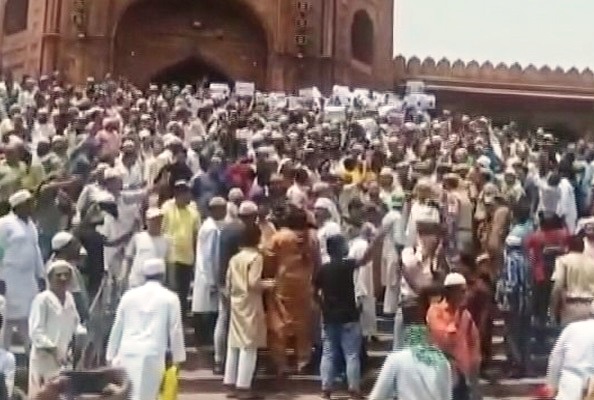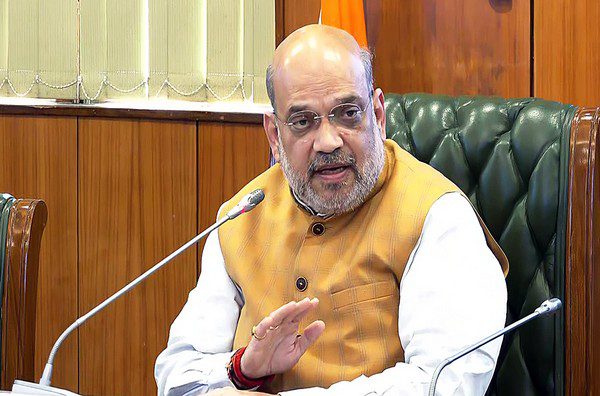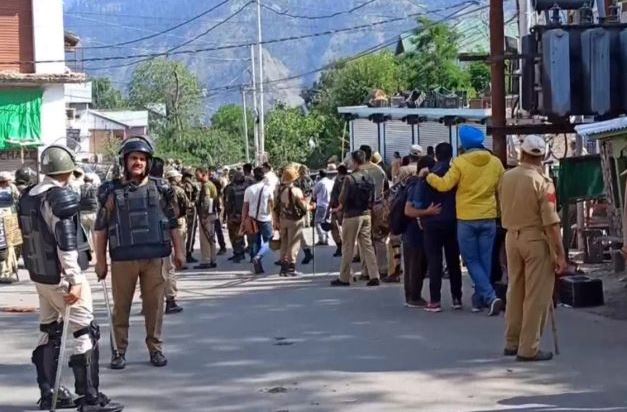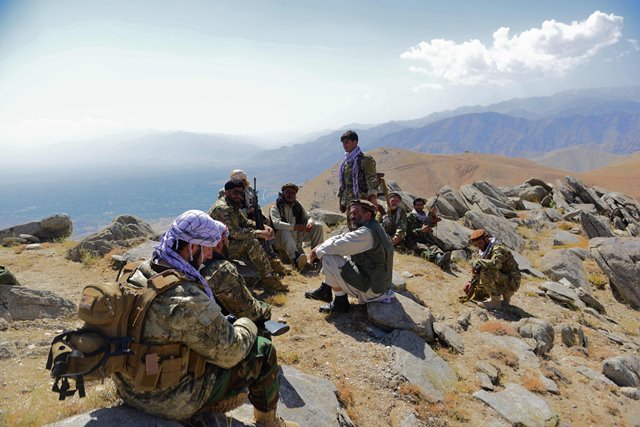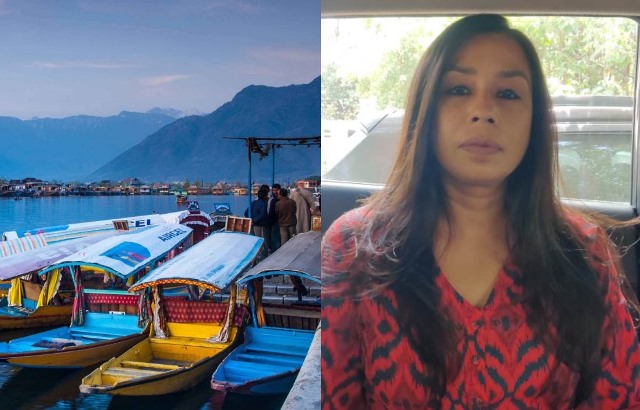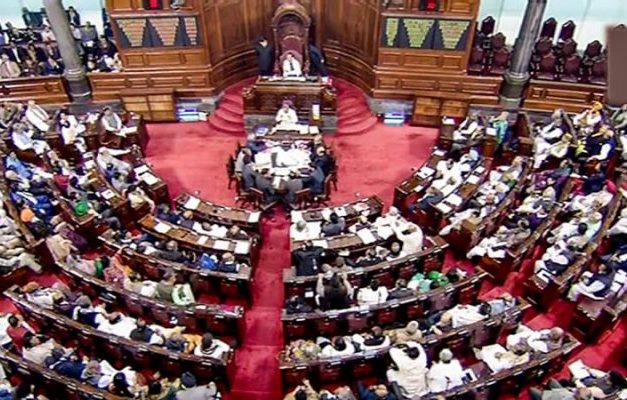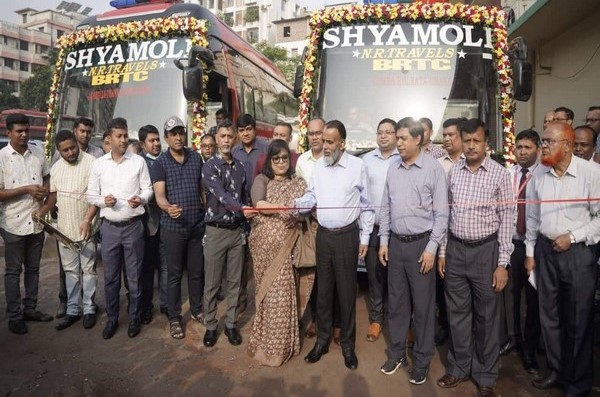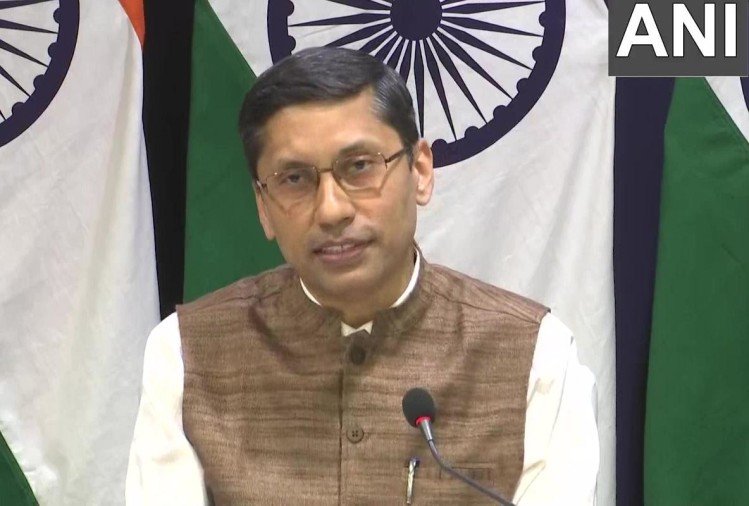A massive protest took place at Delhi’s Jama Masjid over inflammatory remarks by suspended BJP leader Nupur Sharma and expelled leader Naveen Jindal on Friday.
Delhi Police said they have removed the protestors and the situation is under control now.
“No call for protest given by Masjid. We don’t know who are the ones protesting, I think they belong to AIMIM or are Owaisi’s people. We made it clear that if they want to protest, they can, but we will not support them,” Shahi Imam, Jama Masjid told media persons.
The controversy erupted after Nupur Sharma’s remarks against the minorities. Some Gulf countries have lodged their protest.
However, India on Thursday reiterated that the controversial remarks concerning Prophet Mohammad do not reflect the views of the Government and added that action has been taken by concerned quarters against those who made the comments.
Ministry of External Affairs Spokesperson Arindam Bagchi, while addressing a media briefing on Thursday, said, “We have made it pretty clear that the tweets and comments do not reflect views of the government. This has been conveyed to our interlocutors as also the fact that action has been taken by concerned quarters against those who made the comments and tweets.”
Meanwhile, Delhi Police registered two FIRs– one against former BJP spokesperson Nupur Sharma and the other against 31 people, including AIMIM chief Asaduddin Owaisi and controversial priest Yati Narsinghanand – for allegedly spreading hate and hurting religious sentiments, officials said on Thursday.
Former Delhi BJP media unit head Naveen Kumar Jindal, who was expelled from the party over alleged remarks against Prophet Mohammad, and journalist Saba Naqvi, are among the people named in the second FIR. (ANI)
